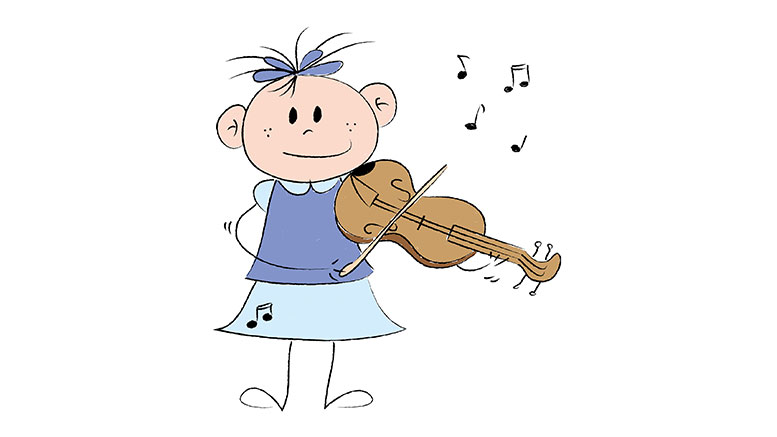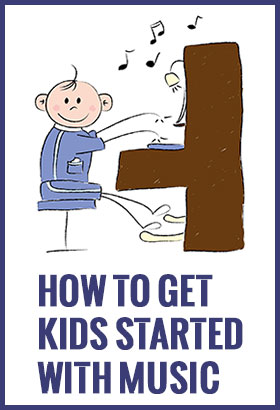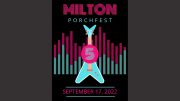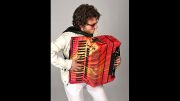Kids and music: getting started.
So you’ve decided to sign your child up for music lessons, huh? I’ve found there are three general circumstances that spur parents & guardians to this decision. Example 1: It’s 2:00pm on a Saturday, and your child has been playing the same three shrieking notes on a plastic green recorder since breakfast. Example 2: You, the parent, currently play/have played an instrument, and would like your child to do the same. Example 3: You, the parent, believe that you have the musical abilities of a bowl of oatmeal, but you appreciate music and would love your child to experience the benefits of learning an instrument.
Congratulations! You’ve made a good decision. Learning an instrument can help children boost their confidence levels, improve their dexterity, provide a social network of like- minded peers, and more. However, starting from scratch can seem daunting. Below are some of the most common questions and points to consider when you’re kick-starting your child’s musical journey.
 Who is really interested in learning? Before you drop a couple hundred dollars on the saxophone you always wished you played in jazz band, consider: has your child genuinely expressed interest in learning an instrument? Have they consistently asked you about starting lessons? When you bring up the idea of an instrument to them, do they seem excited, or do they roll their eyes? If you have a very young child (less than seven years), in my experience, it is ok to start them on an instrument for a couple of years and see how things go. No matter the age, if your child has been trying an instrument for a while and dreads every aspect of practice and lessons, it might be time to stop. They might return to the instrument in a few years, or they might not.
Who is really interested in learning? Before you drop a couple hundred dollars on the saxophone you always wished you played in jazz band, consider: has your child genuinely expressed interest in learning an instrument? Have they consistently asked you about starting lessons? When you bring up the idea of an instrument to them, do they seem excited, or do they roll their eyes? If you have a very young child (less than seven years), in my experience, it is ok to start them on an instrument for a couple of years and see how things go. No matter the age, if your child has been trying an instrument for a while and dreads every aspect of practice and lessons, it might be time to stop. They might return to the instrument in a few years, or they might not.- How do we pick an instrument? Often times, kids will find and fixate on a certain instrument, in which case this question solves itself. If this is not the case, ask around to see if local schools/music schools are having any music “Open House” days where kids can try out a variety of instruments. Find recordings of different instruments and ask your child if they like the sound of a particular instrument. Even better, go see live music and ask them. A child who is interested in an instrument is a child who is more likely to stick with it.
- Where can I get an instrument? Do I have to sell my firstborn child to afford a violin for my secondborn? If your child is taking lessons through school, the school will most likely either have instruments to rent, or a master list of music stores throughout the area with information about renting/buying instruments. When I was in sixth grade, my parents bought me a used classical flute for about $120 from a local music store. I used that thing all the way through high school band, and it suited me perfectly. Starter instruments don’t have to be top of the line; they just need to work
- How do I pick the right teacher? This may depend on availability; if your child wants to play the crwth (an ancient Welsh stringed instrument), you won’t have many teachers to choose from. Ask other parents for their recommendations. Ask the teacher if you can sit in on the first lesson—and maybe one or two other lessons after a little time has passed, if you need to put your mind at ease. Look for teachers with experience specifically teaching children, as teaching children and teaching adults require different skill sets.
- Is my child “gifted”? Just like people can be natural athletes, some people are naturally better at learning an instrument than others. The most successful musicians have used a combination of talent, drive, hard work, and a little bit of luck to carve their paths. “Gifted” musicians usually start displaying their raw talent at a young age through extraordinary focus on their instrument. However, without internal drive and hours of practice time, talent only goes so far. As long as your child is interested and engaged in music, continue to encourage & support them, then sit back and enjoy the ride. My non-musical parents found themselves with two out of three children playing music in bars—not a bad setting to kick back during your kid’s “after school activities”, right?
Ultimately, in helping your child learn an instrument, you are encouraging a lifetime of learning, curiosity, and camaraderie. Who knows: maybe you’ll be inspired to pick up an instrument yourself!
About our Expert:
Caroline O’Shea is a traditional Irish musician and writer, born and bred in Milton and currently living in Brighton. She has taught the Irish flute and tin whistle internationally and throughout New England to children and adults of all ages. You can catch her at festivals & events throughout New England, and playing locally at some of Boston’s best Irish pubs! If you’re interested in lessons or have further questions, please visit her website: cosheamusic.wordpress.com.








Be the first to comment on "How can you get your kids started with music?"